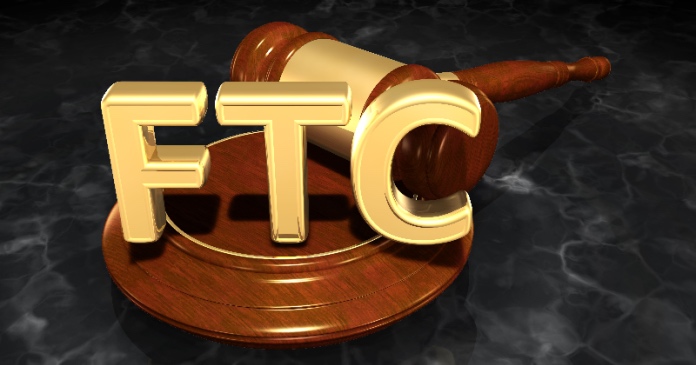The multifamily industry was excluded in the Federal Trade Commission’s (FTC) final “junk fees” rule that targets bait-and-switch pricing tactics that result in unfair competition. The FTC published its final rule on junk fees on December 17, 2024, after a two-year exploration into cracking down on businesses that charge consumers with unfair and deceptive fees.
The initial scope of the FTC’s investigation that began in 2022 targeted all businesses, including apartment and single-family rental owners. It would have placed undue regulatory obligations on housing providers without any clear benefit, according to a statement issued by the National Apartment Association and a Coalition of Real Estate organizations.
But today, the multifamily industry can breathe a sigh of relief. The FTC narrowed the scope of its original proposal of October 2023. Instead of applying to all businesses, the final rule only applies to prices, fees, and charges for a covered good or service limited to live-venue ticket sellers and short-term lodging, like hotels and vacation rentals.
“The initial proposal would have included new rules around where and how rental housing fees are listed and could have potentially eliminated and/or limited certain types of fees, like application and screening fees, which, of course, would just get redirected to rents over time,” said Jay Parsons, head of investment strategy and research for Madera Residential, on his LinkedIn page.
The final Trade Regulation Rule on Unfair and Deceptive Fees requires applicable businesses to provide up-front disclosure of total price, including all fees. Two practices prohibited are misrepresenting the total cost by omitting mandatory fees and misrepresenting the nature and purpose of a fee.
“(The final rule) does not prohibit any type or amount of fee, nor does it prohibit any specific pricing strategies. Rather, it simply requires that businesses that advertise their pricing tell consumers the whole truth up-front about prices and fees,” the FTC said in a press release.
The final rule was approved by a four-to-one Commission vote and will take effect 120 days after publication in the Federal Register, months after President Trump takes his oath of office and a new Congress is seated. This point was not lost on the one dissenting voter, Commissioner Andrew Ferguson, who stated his dissent was not about the rule’s merits, but that it was issued so close to the start of a new administration.
“It is particularly inappropriate for the Biden-Harris FTC to adopt a major new rule that it will never enforce,” Ferguson wrote in his dissent.
President-elect Donald Trump said he is appointing Ferguson as the new FTC chair, but the Biden Administration could try and push through the junk fees rule even before President Joe Biden leaves the White House, leaving Trump to walk back the rule if his administration disagrees with any part of it.
Madera Residential’s Parsons noted that his hope is for the FTC to crack down on junk fees charged by cities during the housing construction approval process.
“I saw a small California multifamily developer post recently that he was charged a $130,000 permit fee for an eight-unit project in Los Angeles, and it took 31 months to get it, “ he wrote, adding that it’s no wonder rents for new builds are as high as they are.
“The real junk fees in housing are in the permitting and entitlement processes. If both for-rent and for-sale housing affordability are priorities for our cities, they should be doing their part,” wrote Parsons. A reader of Parsons’s blog agreed, writing, “If cities want affordable housing, they should start by cleaning up their own fee structures.”















